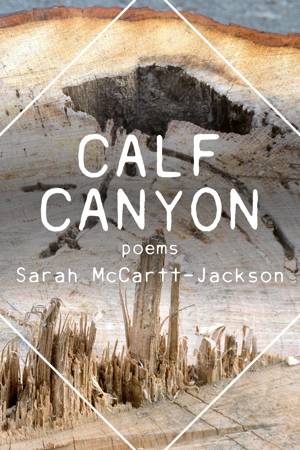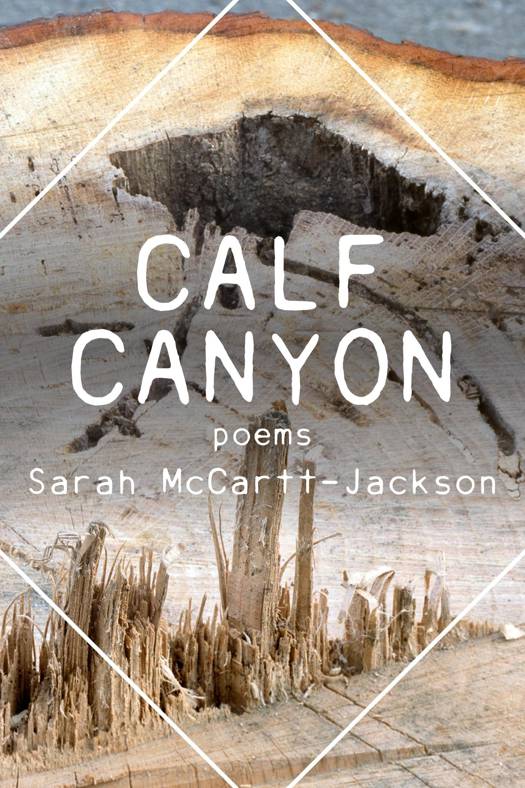
- Retrait gratuit dans votre magasin Club
- 7.000.000 titres dans notre catalogue
- Payer en toute sécurité
- Toujours un magasin près de chez vous
- Retrait gratuit dans votre magasin Club
- 7.000.0000 titres dans notre catalogue
- Payer en toute sécurité
- Toujours un magasin près de chez vous
Description
I am trying to tell my unborn daughter a story. It is an old story
that hangs on the spinneret tip of a spider's abdomen,
the spider's heart a bruise,
each chamber a stitch that nicks the copper blood
as it rushes through, each valve sighing out
like the hush that hung
lodged in everyone's lungs,
a silence stacked between plates on the drying rack,
a thrum that vibrated the blades of his kitchen knives.
With long-limbed free verse and highly textured prose, Calf Canyon builds an origin myth with uncertain consequences and bald violence. McCartt-Jackson imagines a landscape where memories are permeable, physical places: the watersides of rural Kentucky and the Ozarks give way to the dry gulches and deep ravines of California as the speaker attains adulthood and her relationships become more fraught with danger.
So, this: / you didn't mean to / tear out the part of you you didn't like / by tearing out a part of me / for the sixth, seventh, eighth, twelfth time you decided: / love was my heart, / the size of your fist.
Domestic meditations vine with the thorns of the natural world in a collection that is bare-handed, wind-polished, and visceral, and McCartt-Jackson's command of imagery leaves the reader with sculptural playback of brutal love and resonant feelings. This is a collection to read beginning to end, and from the end to the first poem, interleaving the pages with marginalia, tears, and the reader's own memories. Rarely does a poet bend such gifted, formal craft to the requirements of fierce feeling.
Spécifications
Parties prenantes
- Auteur(s) :
- Editeur:
Contenu
- Langue:
- Anglais
- Collection :
Caractéristiques
- EAN:
- 9781948559249
- Date de parution :
- 19-11-18
- Format:
- Ebook
- Protection digitale:
- /
- Format numérique:
- ePub

Les avis
Nous publions uniquement les avis qui respectent les conditions requises. Consultez nos conditions pour les avis.






